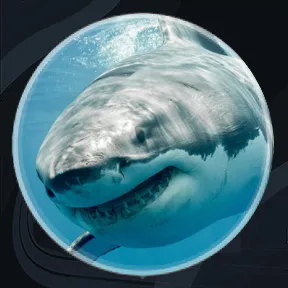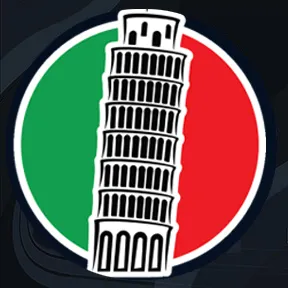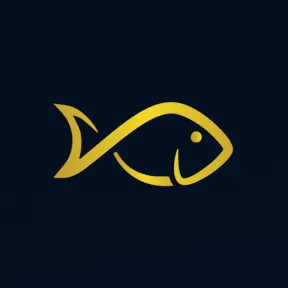The Marine Carbon Cycle Explained
The marine carbon cycle consists of the biological pump, the carbonate pump and the physical pump.
The biological processes of respiration, predation, death and decomposition, along with physical processes such as the thermohaline circulation, work together to remove carbon from the atmosphere and sequester it in the oceans.
In this video we'll explore what makes the oceans a net carbon sink, and why the marine world is so important to the global carbon cycle.
TIMELINE
00:00 - An Introduction to the Marine Carbon Cycle
01:52 - The Biological Pump - Diffusion of Carbon
02:36 - The Biological Pump - The Role of Phytoplankton
03:42 - The Biological Pump - Predation and the Food Web
04:52 - The Biological Pump - Diel Vertical Migration
06:30 - The Biological Pump - Marine Snow and the Deep Sea
08:14 - The Biological Pump - Whale-falls and Carrion
09:38 - The Carbonate Pump - The Formation of Limestone
10:25 - The Carbonate Pump - The White Cliffs of Dover
11:02 - The Carbonate Pump - The Role of Coral Skeletons
12:05 - The Carbonate Pump - The Shell-building Animals
13:13 - The Physical Pump - Upwelling and Downwelling
14:08 - The Physical Pump - Thermohaline Circulation
15:08 - Conclusion: The Importance of the Marine Carbon Cycle
















































